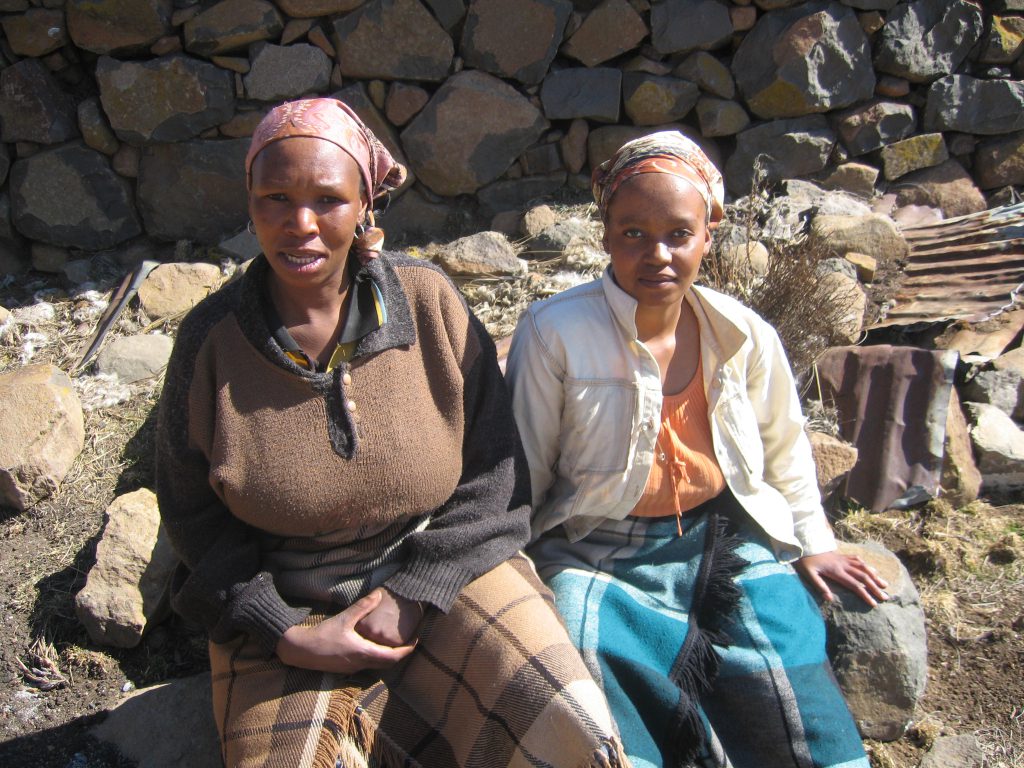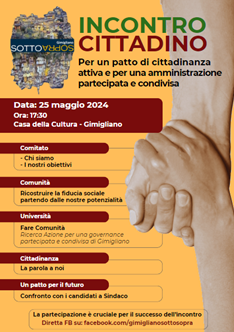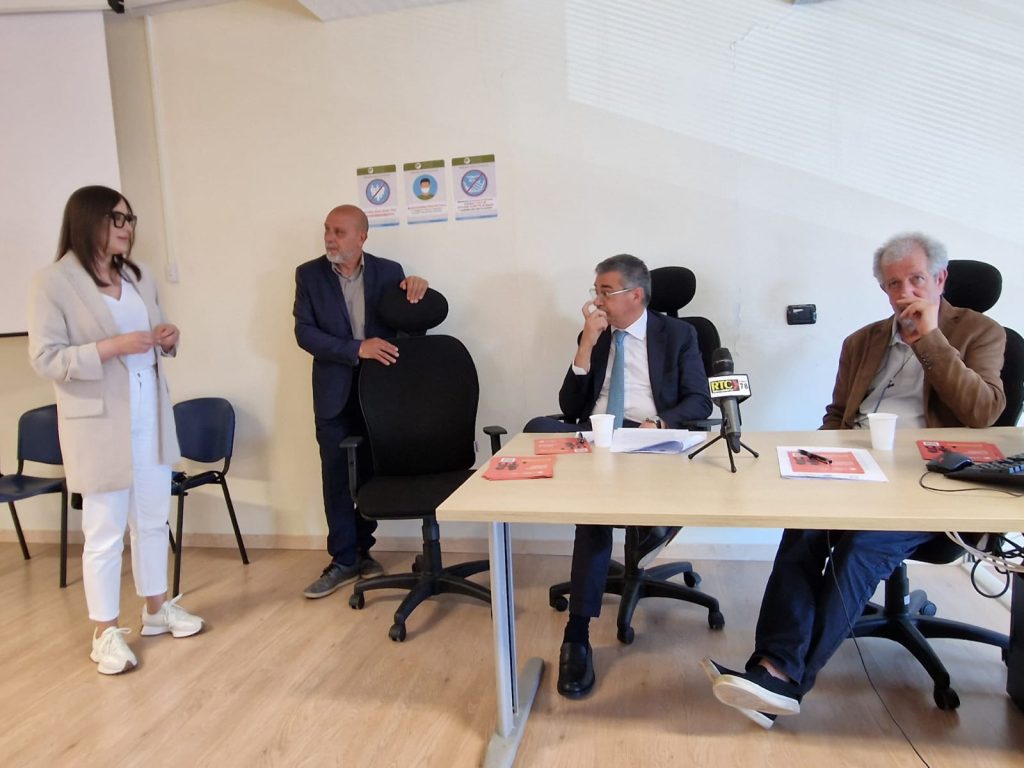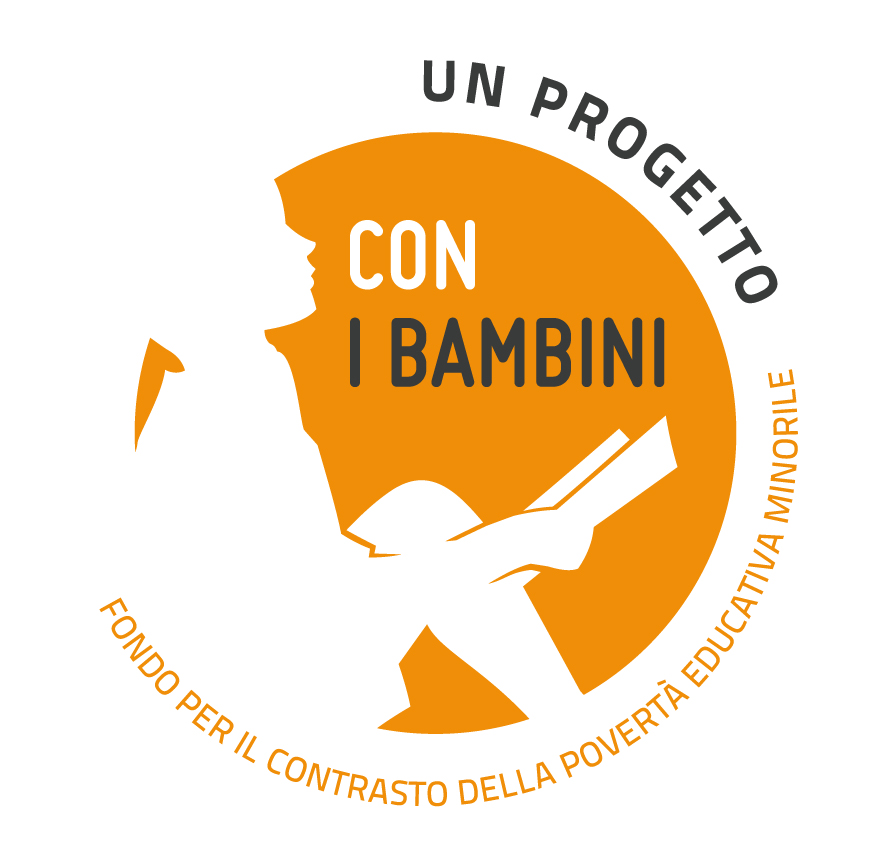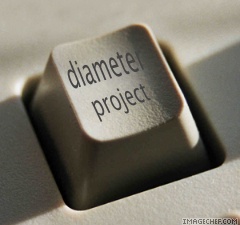by Cleto Corposanto, exclusive for The diagonales
This article has been published in Italian on “Il quotidiano del sud“, 03/08/2020
Translation made by the author
Traveling has always been part of human history; ourselves, anyone of us, descended from ancestors who inhabited an area of Africa about 200 thousand years ago and then started the migration process called Out-of-Africa II, with the colonization of Eurasia and Oceania first (about 50 000 years ago), hybridizing with the species already spilled from Africa previously (Denisovians in East Asia and Neanderthalians in Western Eurasia), and America later.
Scientific studies of a biological nature have certified that the current Caucasian, Indian and oceanic ethnic groups retain traces of hybridization with Homo neanderthalensis inherited through the paternal transmission of the Y chromosome occurred in Europe, while other populations do not show traces of it: all this is commonly interpreted as a confirmation of the African origin of the modern human being, who only during the second migration from Africa would he hybridize with the European hominids residing in central Europe starting from the first migration.
In short, since when are we traveling? Always, practically. And there are no traces of a trend reversal, because traveling is basically a state of mind, which cannot be asked for the reason for its existence: it exists because we exist. The journey always has a basic motivation, it is a harbinger of thoughts and meditations, however it puts our rationality at stake.
In short, taking it wide my origins (but also yours) are African. That mine, then, is a life that reminds me of it, since I began to exhibit a decidedly slightly Nordic hair….
In my wandering around the world, I had only happened to touch the African continent a couple of times; for tourism, and always and only in the Mediterranean area, practically. Tunisia before and Egypt after, with an obligatory visit to Cairo and to the wonderful area of the Sphinx and the Pyramids. But Africa is another thing … A huge continent, of which we also struggle to realize its real size since the geographical maps that we are used to seeing give us an untruthful image (the more the territories are far from the poles, the more the flat surface makes them smaller … is due to the representation of a sphere on a two-dimensional plane …). In short, I want to see real Africa at some point in life. And I remember as if it were yesterday ….
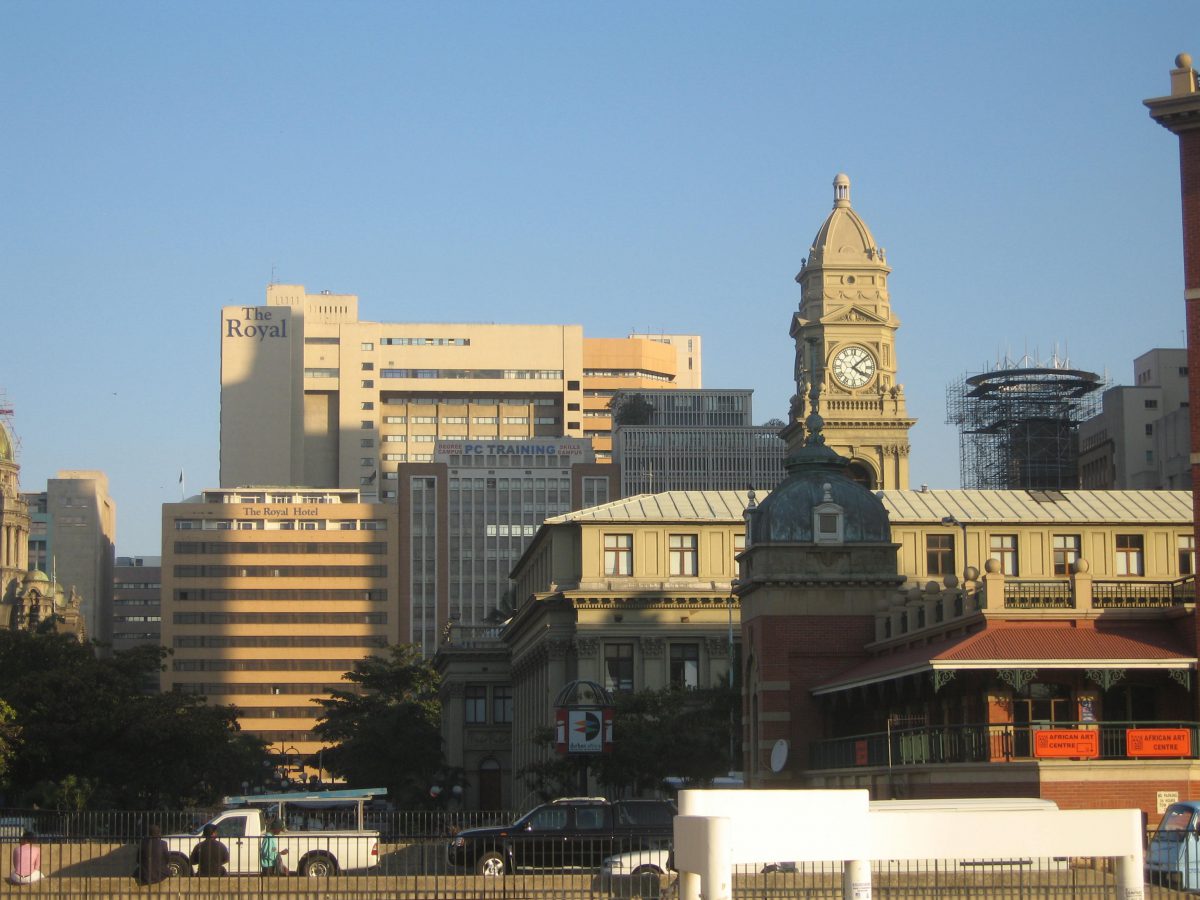
The opportunity is favorable. The World Congress of Sociology, a four-year appointment, this time takes place in South Africa, in Durban. I present a paper and await the decision on acceptance. The journey begins here … with the expectation and hope of flying to Africa, to the South of the world, in a part of the planet totally unknown to me. With itineraries designed and redesigned a thousand times. The answer finally arrives: paper accepted, let’s go !!
Flying from Italy to South Africa is not immediate, there are no direct flights: I search, explore, compare, and in the end I find that the easiest way is … to go to London, and from there to fly to Cape Town. So let’s go: London first, and then a direct flight to the other side of the world. Same time zone but flight over 12 hours … If you close your eyes and view the map, you can see this long arch that starts from London and goes down to Cape Town. Long, very long.
In short, Cape Town represents my personal baptism with southern Africa, in this South Africa with 11 official languages to represent the great union project wanted by Nelson Mandela by all the ancient tribes living in the great South African territory. Cape Town is a beautiful city, a mix of cultures and races perfectly merged, a place where you could move around to live there. Table Mountain overlooks the city, while memories emerge when the legendary Groote Schuur Hospital, the hospital where Christiaan Neethling Barnard performed the first heart transplant in the world in early December 1967, crossed. do not go to the Cape, the mythical Cape of Good Hope that has accompanied us so many times in our readings on travel, travelers and explorers. In the Cape area, an African outpost south of the world before the South Pole, penguin colonies are also encountered. It is strange to see penguins here, but in the end the South Pole is only a little over 6000 kilometers …
A short flight takes us to Durban, home of the World Sociology Congress. A city that slowly replaced Johannesburg as a less secure place. In short, not a great business card. Here, whites are still seen as invaders, those who for over forty years have been responsible for apartheid towards black people, between 1948 and 1991. I arrive at the hotel that the organization has reserved for me in full city center around 4 on a July afternoon. As usual, a jump in the room to leave the luggage and immediately around, to make contact with this city totally unknown to me. The hotel is in a very large square, and I immediately understand that it will not be a simple stay when a very tall boy, in a black jacket and tuba, positioned exactly outside the hotel entrance door, asks me with great courtesy: ” Excuse me, where are you going? “
“Where I feel like, I take a ride”, I would answer him. But I understand the meaning of his question, even if I ask him to explain it to me. “You are obviously white, and this is not a good place for white people at the moment. It is dangerous to go out after 5 in the afternoon. ” Here it is. In short, welcome to Durban. I answer him that I only take two steps there, next to the hotel, just to breathe the South African air. He looks at me, smiles at me and says, “Okay, stay around here, I’m looking at you from here.”
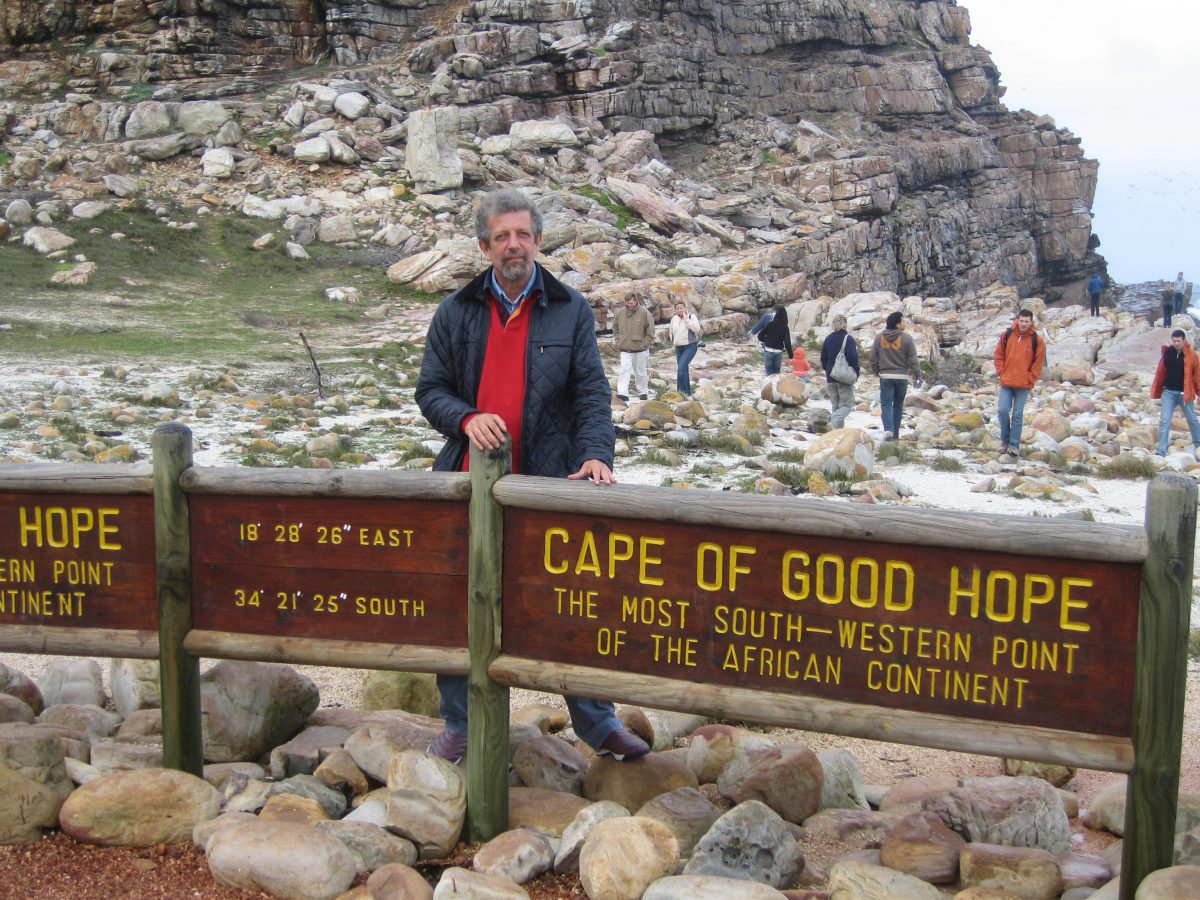
The following 4 days of the conference are practically all the same: bus in the morning outside the hotel, transfer to the conference venue, return to the hotel at the end of the works, mid-afternoon. Dinner in hotel. One evening I manifested the desire to go for dinner in a restaurant of which I read a great deal: it is the Famous Fish Company, a highly sought after place in the port area of Durban, one of the busiest in the world. But how do we go, given the situation? I ask my friend at the entrance, and he tells me that it is possible; you have to book first, and then call a taxi and notify the police. Here it is. It seems crazy, but it seems to be the norm. And then we call, book and then at the appointed time a taxi arrives escorted by a police car: we get on board and the taxi stops practically half a meter from the restaurant entrance, which exactly overlooks the pier. A beautiful place, a very interesting dinner and a spectacular view; I saw them, a few tens of meters away, container barges as large as cathedrals move with great slowness and just as dexterity in the port area. Then, the return to the hotel, with the same procedure: phone call, taxi, escort police, hotel. And goodnight.
After the conference, we dedicate a day to visit Lesotho, one of the poorest countries in the world, a South African enclave not far from Durban. About 250 kilometers, going up a road at a certain dirt road that reaches the famous Sani Pass, 2900 meters, border with the ancient kingdom of Lesotho. A fantastic place, located entirely on a plateau above 1400 meters above sea level. Here, real Africa. A beautiful territory, a little larger than Sicily. A true African kingdom suspended between the mountains and the sky. I reluctantly leave, although another place full of charm awaits me: Zimbabwe and the wonderful Victoria Falls. But that’s another story entirely.
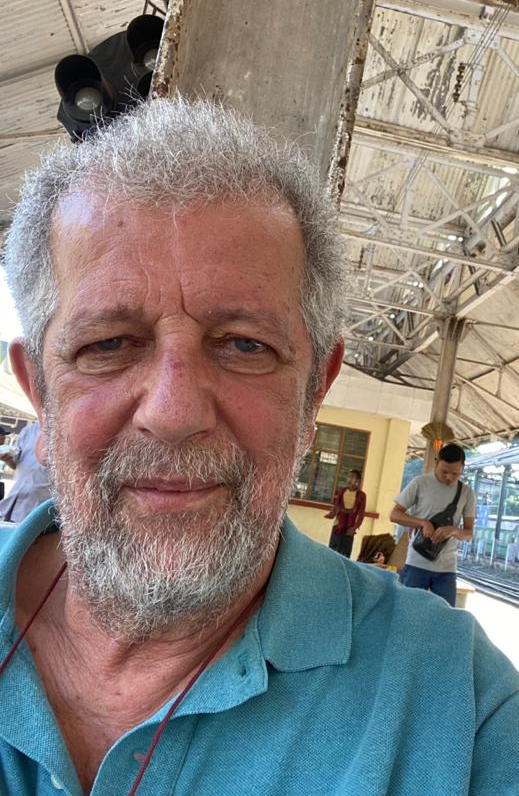
Cleto Corposanto, Italian, is professor of the University “Magna Graecia” of Catanzaro, South Italy. He deals with issues related to the Method research and Health/disease. He has more than 200 publications between books and scientfic articles. Former national coordinator AIS – Health and Medicine, He founded and coordinates the Degree Course in Sociology of UMG of Catanzaro.

